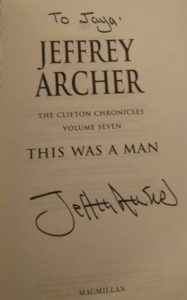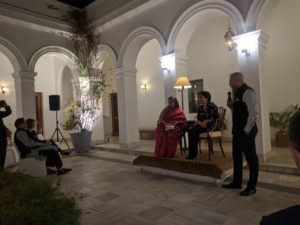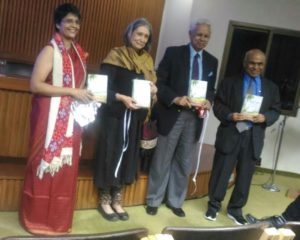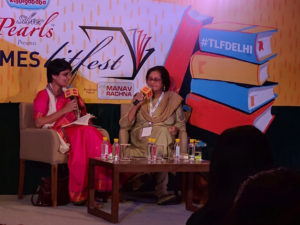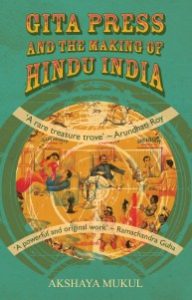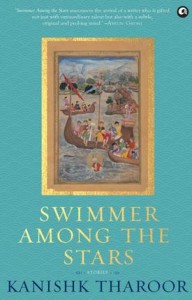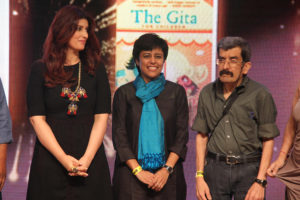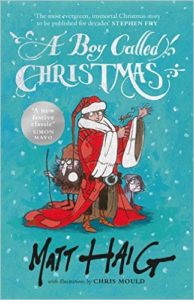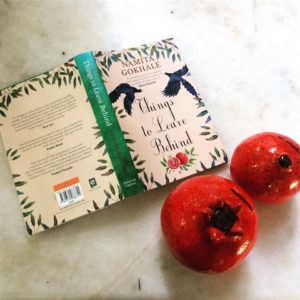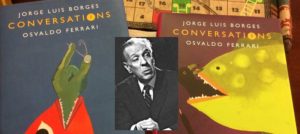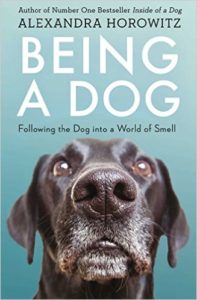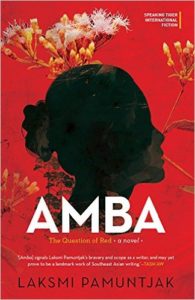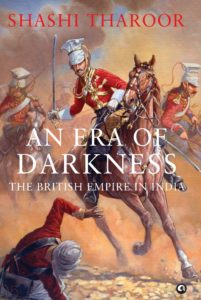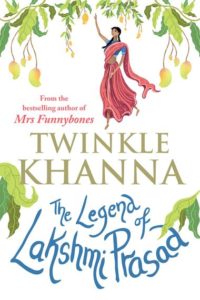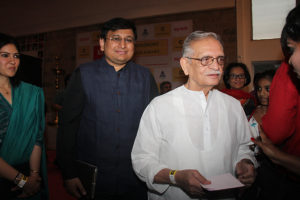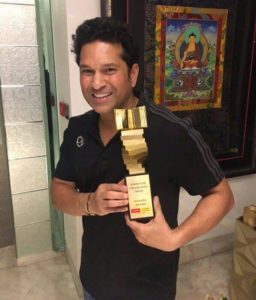 ( My lead article in The Hindu on literary prizes in India was published online on 31 January 2015 and in print on 1 February 2015. Here is the url: http://www.thehindu.com/books/literary-review/authors-publishers-and-members-of-award-juries-discuss-if-indian-literary-prizes-set-literary-standards/article6842116.ece I am also c&p the story below.)
( My lead article in The Hindu on literary prizes in India was published online on 31 January 2015 and in print on 1 February 2015. Here is the url: http://www.thehindu.com/books/literary-review/authors-publishers-and-members-of-award-juries-discuss-if-indian-literary-prizes-set-literary-standards/article6842116.ece I am also c&p the story below.)
Do Indian literary prizes set literary standards? Authors, publishers and members of award juries discuss the issue.
Literary prizes are of many kinds. Some focus on texts, some on authors. Some are meant to encourage young writers, some to recognise achievement. Most of the prizes now — Sahitya Akademi (Rs. 1 lakh), The Hindu Prize (Rs. 5 lakhs), The Crossword Book Award (Rs. 3 lakhs for each of the four jury awards and Rs.1 lakh for the popular award), Shakti Bhatt First Book Award (Rs. 2 lakhs), Tata Literature Live!, Muse India Translation Award (Rs. 30,000), and The DSC Prize for South Asian Literature ($50,000) — are for books. But bigger ones like the Jnanpith Award (Rs. 11 lakhs) are for authors. This is also true of Kuvempu Award (Rs. 5 lakhs), the Gangadhar Meher National Award for Poetry (Rs. 50,000) and Kusumagraj National Award for Literature (Rs. 1 lakh).
Both invite attention and prestige to books and authors. In some cases, the money helps too, as most authors cannot live on their writing. As Jerry Pinto, winner of The Hindu Prize 2012, says, “… awards are important because they help writers get through lean patches, encourage them sometimes, open out spaces where they can write and make placing the next book easier.”
Literary prizes are announced in phases — a longlist, a shortlist; finally the winner. In India, most longlists consist of all the books submitted and not, as is usually expected, an initial pruning of submissions by the jury. The logistics involved in organising a prize are daunting. The administrative committee has to select a jury for every category in the award and then send out a call for books. According to R. Sriram, who founded and manages the Crossword Book Awards, “The expenses involved (cost of prize + cost of jury + logistics) can be measured roughly as four times the value of prize money (1:4). If the award ceremony is a standalone event (The Crossword Book Award) and not part of a literary festival (the DSC Prize is a part of Jaipur Literature Festival and The Hindu Prize is a part of Lit for Life), then the costs escalate.”
From 2016, the DSC Prize will not announce the winner at JLF (as in the past). Instead the announcement will be made at another South Asian country in line with the prize’s essence. Every now and then rules are tweaked as a response to the time, but even now self-published books are not eligible to apply for most of these awards.
For an award to be perceived as fair — putting the spotlight on an author and writing, setting a new literary standard — the process begins with the selection of the jury. The members should not have a conflict of interest with the nominated books, authors or publishing houses. This is never an easy task in India, since the world of publishing professionals is small and interlinked. But it is possible. Ensuring an independent jury with no vested interest in the books or authors being considered for the award has a positive domino effect. Nilanjana Roy, author and book reviewer who has been on many juries, says “Juries are at their best when they discard likeability or political correctness, and try to reach for the best writing of the year, however that’s defined — the most original, the most beautifully crafted, the most disquieting.”
A jury selecting an author/book purely on merit, judging it among its peers and tradition it operates within, will have a real impact on sales; readers are discerning and will respect the decision. It also helps strengthen the brand of the literary prize, the publishing firm and the author. Given perception is reality, it is better to manage perceptions. As author and poet Satchidanandan, who has been on the jury of several awards, points out, “On the whole, these awards have been fair but for occasional lapse of judgment. The subjective element is inevitable, but it is generally a jury of three to seven members who debate and decide. In an ultimate sense the awards reflect the taste of the times and may not have a lasting value.”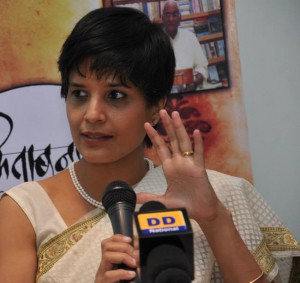
Sometimes there is a contrast between what the jury selects and the readers expect. For instance, bestselling author Ravi Subramanian has won the Economist Crossword Book Award (Popular Choice) twice in 2012 and 2013 and the India Plaza Golden Quill Award for Readers Choice (2008), but never a jury prize. This distance between the jury selection and the market tastes is echoed by noted writer Tabish Khair’s experience. “While I have been shortlisted for around half-a-dozen prizes in India, I have won only one: the All India Poetry Prize, which is the only major prize in which all the entries are anonymous,” he says.
Otherwise publishers, editors, authors, literary agents, booksellers agree that there is no real impact of sales after an Indian literary prize is announced. The inevitable comparison is with international prizes such as the Man Booker, the Pulitzer and the Nobel where there is a noticeable surge in book sales in the local market after the winner is announced. According to Caroline Newbury, VP, Marketing, Penguin Random House, “The gap in the effect they have on sales is possibly because there is more recognition for some of the longer-established overseas prizes.”
Having said that, Karthika V.K., publisher, HarperCollins India, says “[An award] is very important because in a crowded marketplace it marks out a book and its author as special and directs the attention of readers and booksellers to it. The increased visibility and buzz around it helps sales and also helps publishers promote the writer’s past and future books.”
An award for a translated book has a simultaneous impact in two languages says Mini Krishnan, editor-translations, OUP. “A classic case is Bama’s Karukku translated by Lakshmi Holmstrom. That Crossword Prize in 2001 changed Bama’s life. I think there must be over 100 MPhils on the book and many Tamil Dalit works were picked up for translation in English after that. …When a translation wins a prize, the sales of the original also picks up.” Literary prizes in India are few. They help recognise writers in many languages and styles. But there is room for more awards in different categories — women, picture books, illustrators, translators — and also genres like crime, business, spiritual, self-published and graphic novels.
Payal Kapadia, Crossword Award 2013
The Crossword Award 2013 for Wisha Wozzariter completely changed my life … from being invited … as a speaker to the Jaipur Lit Fest, from Bookaroo and the Kala Ghoda Arts Festival to the Sharjah Children’s Reading Festival and Litomania. The award instilled confidence in my publishers, Penguin, who signed me on for a two-book series and made it their lead children’s title for 2014. The award also made other major publishers sit up and notice my writing… I think winning such a credible and reputed award has done wonders for my career and for how seriously I am taken. Book sales are only a small part of what it means to win such a prestigious award.
Anees Salim, The Hindu Prize 2013
Since bagging The Hindu Prize, Vanity Bagh has been selling quite well. In fact, it’s been selling well, since the shortlist was announced. Post The Hindu Prize, it has been reprinted twice. And the French edition will be out this year, with a Malayalam translation soon to follow. I think the award created a lot of interest in the book.
Cyrus Mistry, DSC Prize 2013
Very glad I won the DSC Prize last year. However, with hindsight, I have to say that the concomitants of any award — excessive media attention, invitations to literary festivals etc — are a major distraction for me. They don’t make it any easier to write that next book.
31 January 2015

